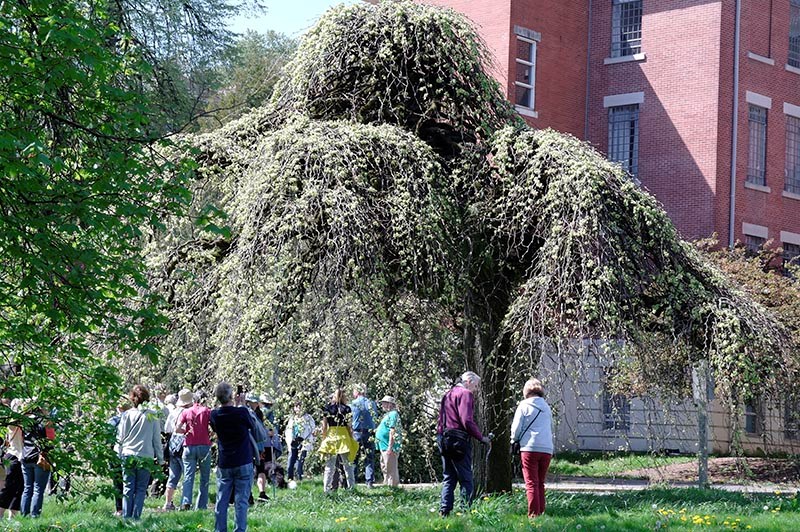The Editor,
Re. “Mental health facility, commercial district are in works for Riverview” (The Tri-City News, Dec. 18) and “The future — or the destruction — of Riverview?” (Green Scene, Jan. 8).
Did you know that the fate of Riverview and its grounds rests not with Coquitlam and its council, or with the urgent needs of the mentally ill, or with the film industry, or with fans of the arboretum, or with any heritage society.
No, none of the above. The answer actually lies with Vancouver’s own Fraser Institute.
The neo-liberal think tank holds in very high esteem the work of a little-known (and short-lived) French economist and legislator, Frédéric Bastiat, who wrote during the turmoil of the Revolution of 1848. It is his ideas that are having a determinative effect on the fate of Riverview. In his most famous essay “The Law,” Bastiat argues that “man is born a property owner” and “property is a divine institution and that its safety and protection are the object of human law.”
Clearly, Bastiat, like the Fraser Institute, is thinking only of private property — not public property — so the 244 acres of Riverview land have to make their own money or, at least, “break even.” (And it is the province that has brought the hospital — once a public institution — to ruin, along with the mentally ill of Vancouver’s Downtown Eastside.) This is consistent with the Fraser Institute’s case for privatized health care.
Fraser Institute ideology has made its way into “provincial” thinking. It also explains why the province argues that the absence of a research hospital can be made up for by a number of local facilities that supposedly serve patients better in their respective regions by bringing them closer to their families.
But just because a mentally ill person can now be treated in Prince George does not mean we should eliminate the original public role of Riverview Hospital and the lands, located centrally to the Lower Mainland.
Besides, judging from the Downtown Eastside alone and the problem of concurrent disorders among the mentally ill, B.C. needs hundreds of new beds, if not more, not just a shuffling of a condemned facility from Burnaby.
Joerge Dyrkton, Anmore



